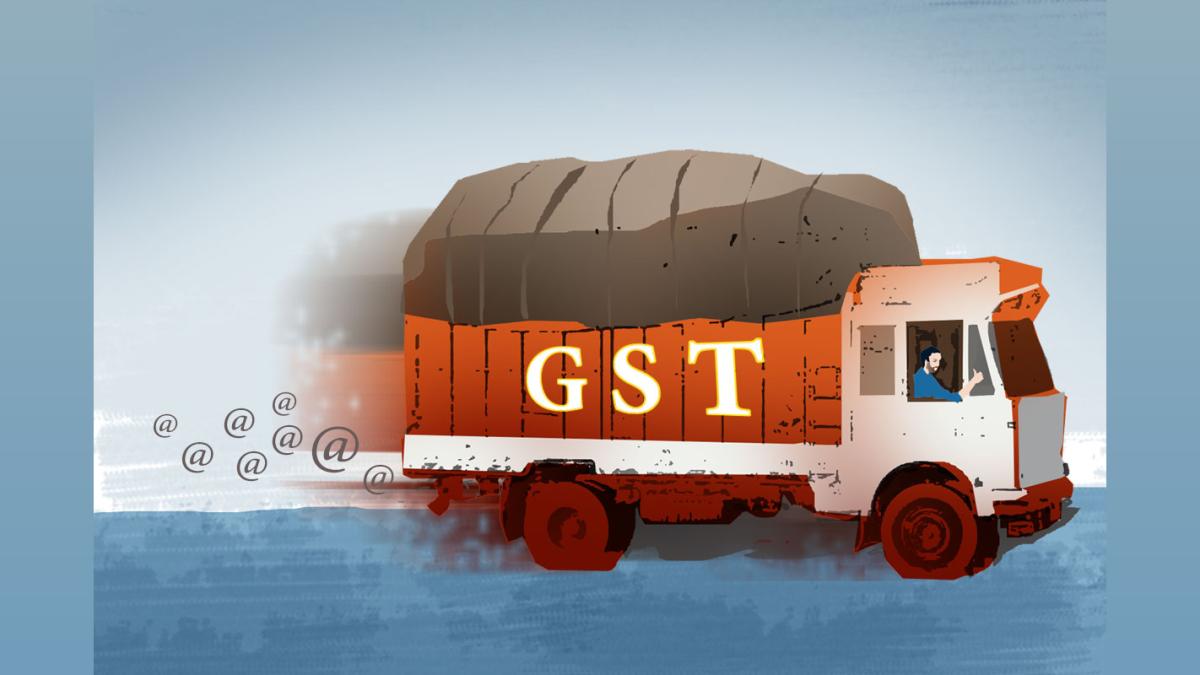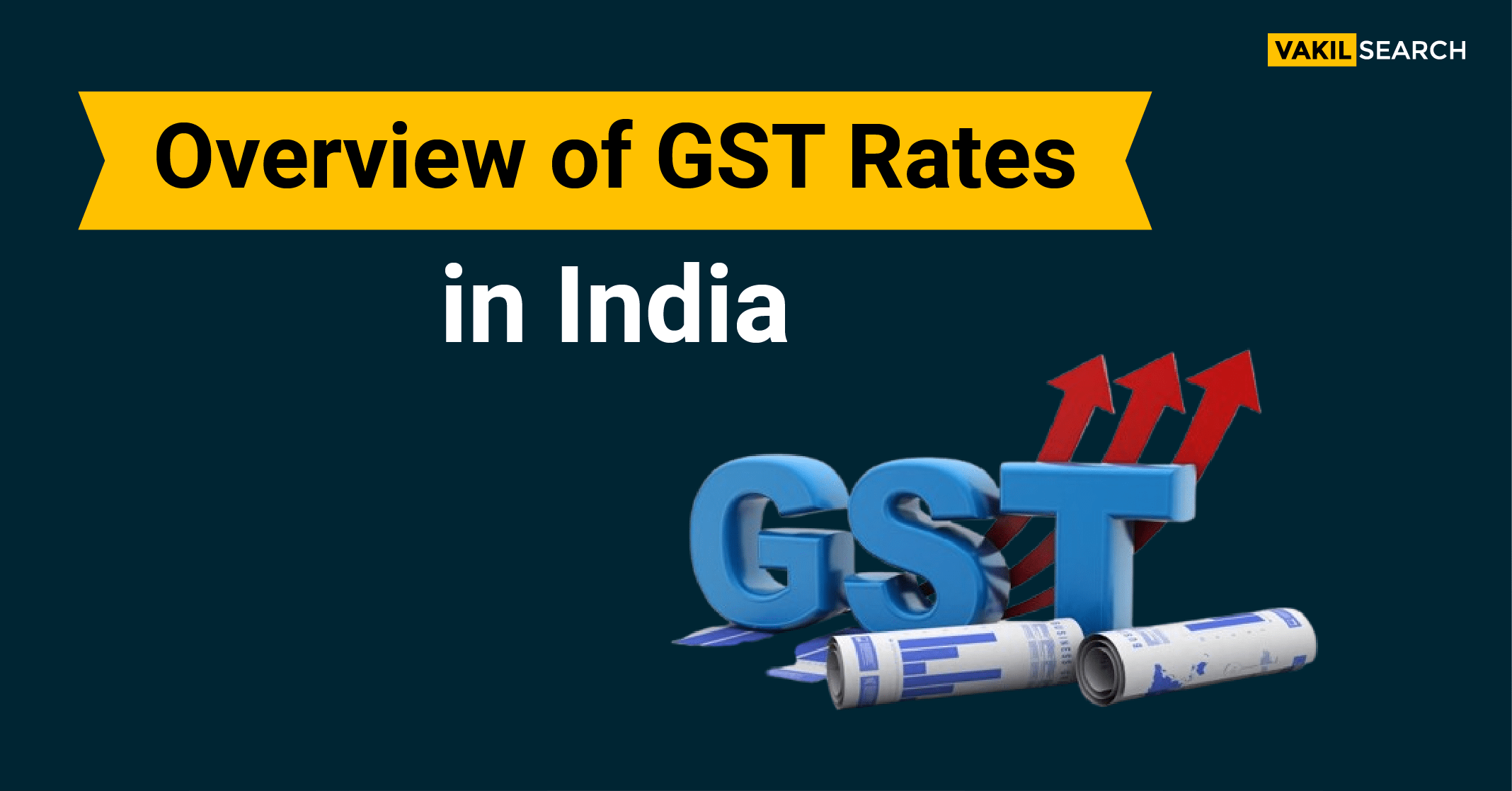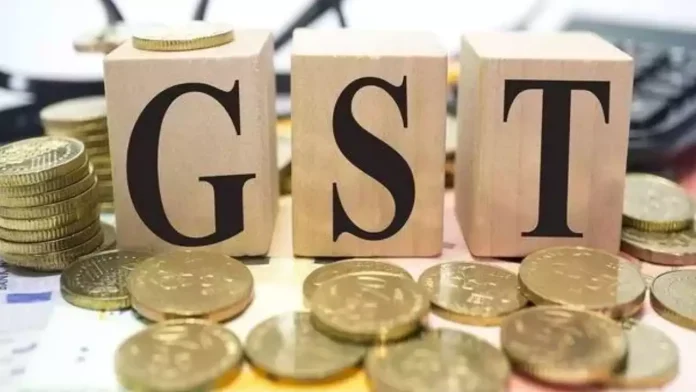- As you are aware, the Goods and Service Tax (GST) is an indirect tax imposed on the supply of goods and services. It is a multi-stage, destination-oriented tax imposed on every value addition, replacing multiple indirect taxes, including VAT, excise duty, service taxes, etc. GST was launched at midnight of June 30-July 01st 2017 at the Central Hall of Parliament House, New Delhi by the then President and the PM. Of course, we know how the political machinations were pulling in different directions when the incumbent Union Government led by Prime Minister Narendra Modi pitched for the introduction of GST. Despite severe opposition, the GST came into existence and is now part of history. But has the GST served or is it serving its intended purpose? Let’s delve.

PC: Business Standard
- The Central to this transformative system is the GST council, a constitutional body headed by the President of India. It governs the implementation and administration of GST across the country. The council is a joint forum of the Centre and the States. It makes recommendations to the Union and the States on important issues related to GST. It is the governing body having 33 members, out of which 2 members are from the Centre and 31 members are from 28 states and 3 union territories with legislation. The council meets regularly to rationalize taxes on products as per the slabs meant for the purpose. Some of the controversial decisions made by the council of late on certain products are bereft of logic, rationale, and common sense.

PC: Rediff Money
- Take for instance health insurance where claims rejection rates are too high, as is GST on it. Astonishingly, the government is busy taxing snacks. Remember, the government used to make scooters and bread once, film rolls, and hotels too, but private alternatives were always considered better. It’s gospel now that private firms create competition, which is good for customers. So, news that a public sector insurer rejects claims much less often – 1 in 500 cases – than its private peers gives pause. The ratio of rejections to overall claims is called ‘claims repudiation ratio’, a lower ratio is better for customers. The gap between this firm and its closest private peer – rejecting 1 in 35 cases – is impossible to ignore. The healthcare insurance scenario in India is in bad shape.

PC: Vakilsearch
- Demand-supply mismatch means healthcare – the sterile, airconditioned type that everyone deserves but the middle class actively seeks – is prohibitively expensive. Insurance is a post-dated ticket to access it. Denial of that ticket on flimsy grounds after pocketing high premiums for years is a stab in the back. Thus, the feeling of betrayal is valid when 18% GST is imposed on health premiums. For every rupee we pay to an insurer, the government takes another 18 paise. This aspect was not reconsidered during the recent council meeting. Despite GST’s credo of ‘good and simple tax’, it found time to fix a 5% tax on ordinary salted popcorn, 12% if it’s packaged, and 18% on the caramelized variety because it contains added sugar. Talk about priorities. Common!






